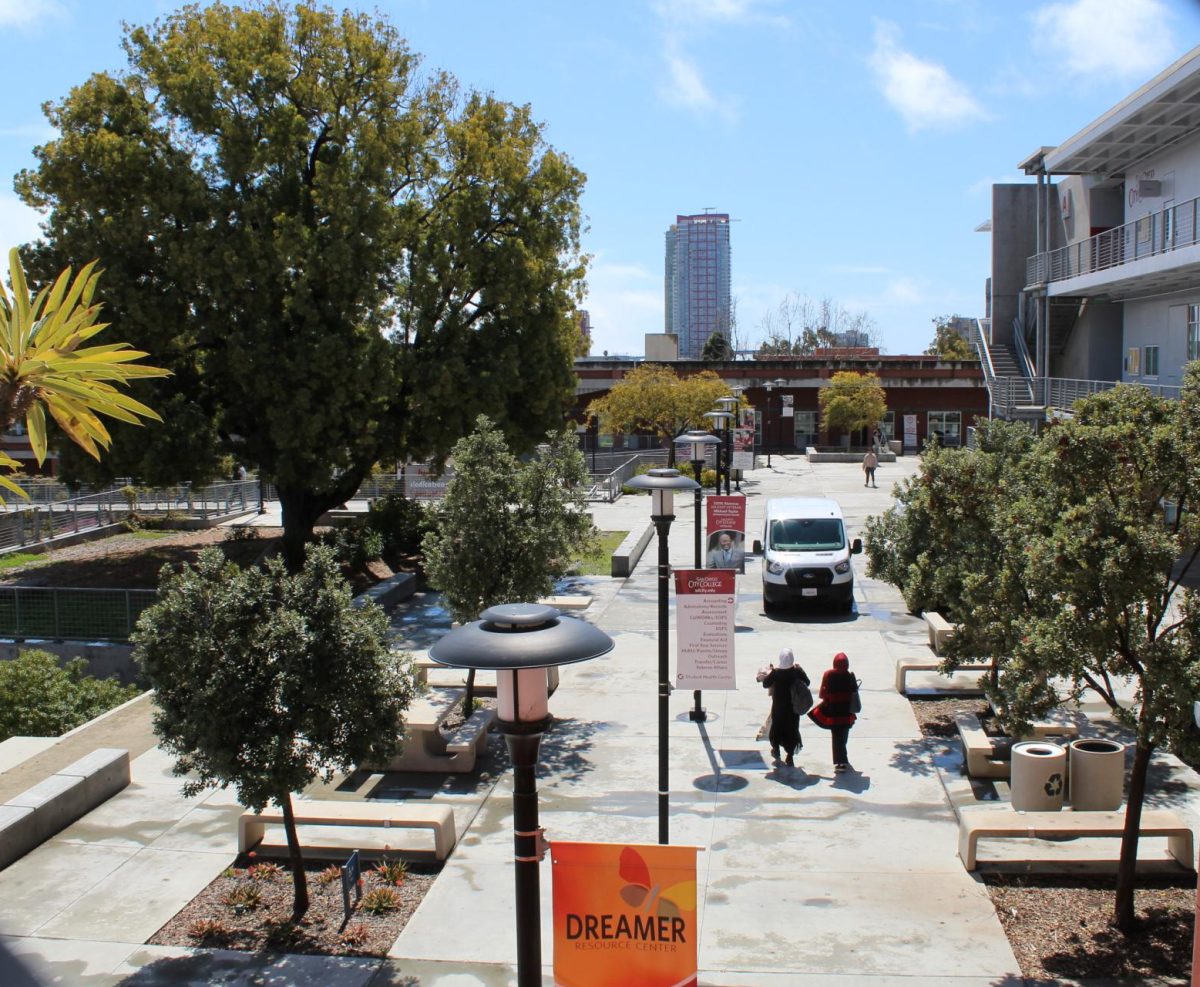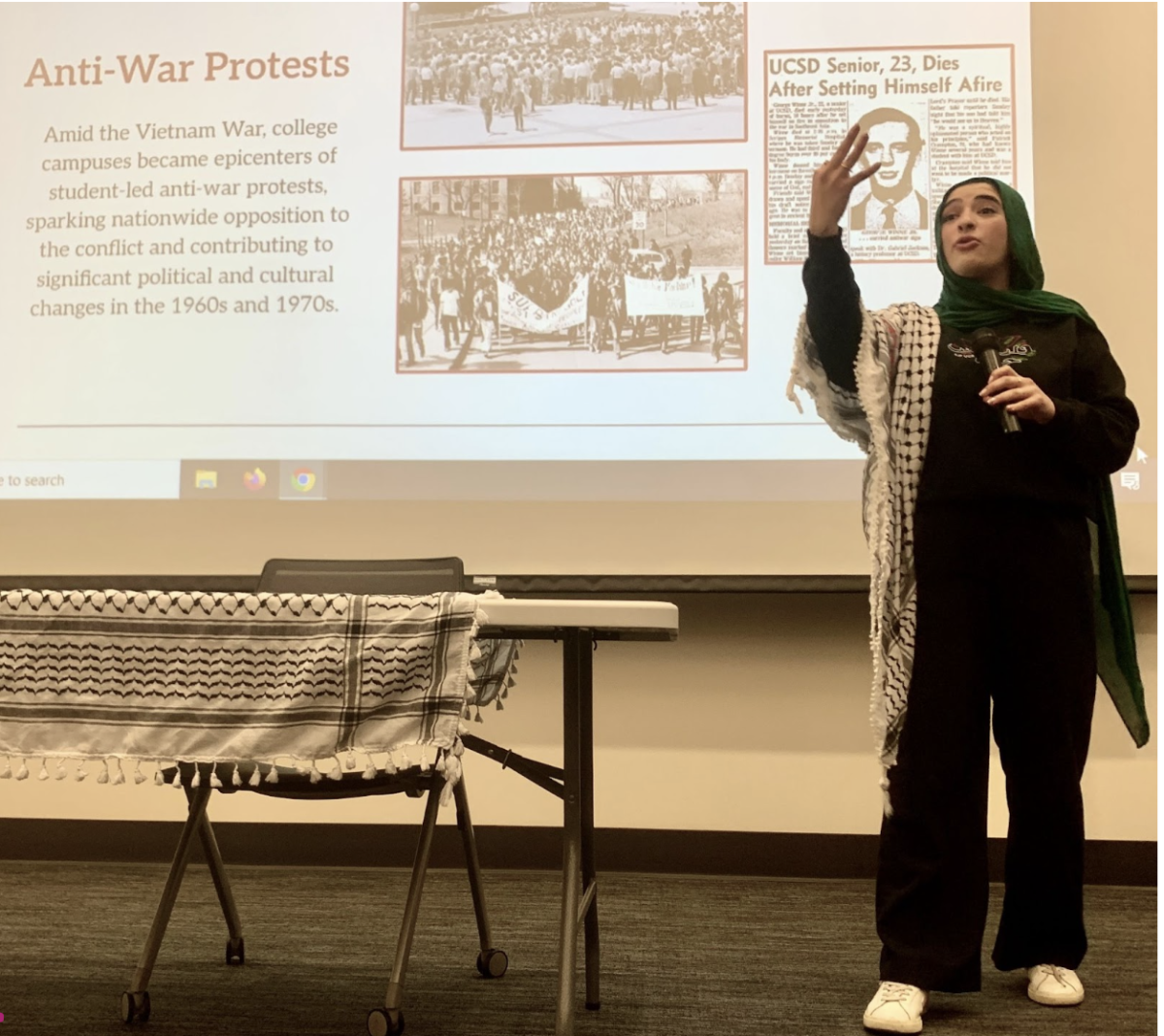Chancellor Constance Carroll is in her 33rd year as a community college chief executive. So when she says the funding problems facing public education today are unprecedented, that isn’t good.
“I have never seen a budget problem of this magnitude, and, along with it, massive efforts to change state policies, from a sharp increase in the student enrollment fee to discussions about whether athletics should be funded,” Carroll said in an email interview.
California’s community college system could lose as much as $800 million in the state’s next fiscal year. City College’s district, which also includes Mesa College and Miramar College, could see funding fall by nearly $17 million.
Carroll noted that Gov. Jerry Brown recently pushed for a June election in which Californians could vote to extend select income taxes, sales taxes, and vehicle taxes. Those tax extensions would reduce the state’s budget shortfall.
Democrats in the California legislature were in favor of the proposed election, but it also needed support from at least four Republican legislators — and that support never materialized.
“Some of those possible votes are legislators in San Diego County who have refused to support our plan,” Carroll said. “All of us need to get the message to them.”
Republican assemblywoman Diane Harkey, whose district includes Oceanside, seems to be a California community college success story.
Harkey “worked her way through the state’s community college system,” according to her website, which also says she entered politics after “a successful 30-year career in corporate finance and banking.”
Today, Harkey opposes the tax extensions that could spare California community colleges from millions in funding cuts.
A spokesperson said Harkey attended Saddleback College in Mission Viejo, but her office did not respond to other requests for comment.
Assemblyman Brian Jones, a Republican whose district includes much of East County, is a San Diego State graduate. Jones opposes the tax extensions because he thinks they could diminish California’s economy, his policy director said.
At the state’s community colleges, recent funding cuts have already diminished access to education.
“Almost one out of every three California community college students experienced difficulty enrolling in courses that they needed during the fall 2010 semester, compared to one out of six students in the rest of the U.S.,” noted a March 28 press release from the nonprofit Pearson Foundation, which commissioned a national survey.
Chancellor Carroll questioned the wisdom of scaling back community colleges when they’re needed most.
“It makes no sense to cut support for community college classes at a time of our greatest enrollment increase, greatest high school graduating class, and double-digit unemployment rates in San Diego County,” Carroll said.
Sixty percent of Californians supported the June election while only 33 percent preferred a no-tax-extensions solution to the state’s budget shortfall, according to an April poll from the Los Angeles Times.








